Migrant Carers from Kerala Await Justice Amid UK Visa 'Scams'
Families Struggle After Losing Life Savings in Promised UK Care Jobs That Never Materialized
Arun George spent half his working life saving £15,000 ($19,460) to secure a UK care worker job for his wife, believing it would offer a better future for their child with special needs. Instead, within months, the entire amount was lost.
George—whose real name is withheld to protect his family from community stigma—paid the sum in late 2023 to Alchita Care, a private domiciliary care home in Bradford, which sponsored his wife's visa. The payment was made through a local agent in Kerala, his home state in southern India.
However, when the couple arrived in the UK, there was no job waiting for them.
"We kept chasing the care home, but they made excuses. After much pleading, they forced us into unpaid training and gave my wife just three days of work," George said. "We couldn't survive and had to return to India within months."
He believes he was scammed, with the ordeal setting his family back financially by at least a decade. They are just one of hundreds of Kerala families who have fallen victim to deceptive recruitment schemes promising care jobs in the UK.
A Widespread Pattern of Exploitation
Many affected migrants have abandoned hope of recovering their money or seeing justice served.
Alchita Care has not responded to BBC inquiries. The UK Home Office revoked the company’s sponsorship license last year, stripping its ability to issue certificates of sponsorship for foreign care workers.
At least three other care workers who paid thousands to Alchita Care told the BBC they, too, were left without promised jobs. One worker, still stranded in the UK, said his situation was so desperate that he was surviving on "bread and milk" from charity shops.
Sridevi (not her real name) is another victim. She paid £15,000 for visa sponsorship and spent an additional £3,000 to travel to the UK in 2023. Now, she cannot afford to return to India, fearing the judgment of friends and family from whom she borrowed money.
"I struggle to even pay my rent and meals," she said. Instead of the stable eight-hour shifts she was promised, she is on call from 4 AM to 9 PM, driving between patients’ homes but only getting paid for the few hours she is physically with them.
The Care Visa Boom—and the Scam Industry That Followed
The problem traces back to when the UK government added care workers to its shortage occupation list during the COVID-19 pandemic. This move allowed overseas recruitment as long as workers were sponsored by a UK employer.
For many, the visa seemed like a golden opportunity, especially since it allowed them to bring family members. However, it also gave rise to exploitative schemes run by recruiters, care homes, and middlemen preying on desperate migrants.
Baiju Thittala, the mayor of Cambridge and a Labour Party member, said he has represented at least 10 victims of such scams in the last three years. He estimates that between 1,000 and 2,000 people from Kerala—directly or indirectly victimized—remain in the UK, with many others losing money before they even left India.
A Network of Deception: One Agent, Millions in Losses
In Kothamangalam, Kerala, the BBC spoke to 30 people who collectively lost millions of dollars trying to secure UK care visas. They all pointed to one agent—Henry Poulos and his agency, Grace International—as the culprit behind fraudulent job offers and fake sponsorship letters.
Victims say Poulos even sent some of them on a 2,500km journey to Delhi for non-existent visa appointments.
Shilpa, a resident of Alleppey, borrowed money at a 13% interest rate to pay Poulos. He provided her with a fake sponsorship certificate.
"I thought the UK would give my three daughters a better future, but now I can't even afford their school fees," she said.
Binu, another victim, was earning a comfortable £1,500 in Israel with his wife before deciding to move to the UK. "My wife quit her job so we could migrate," he said, breaking down. "Now, we’ve lost everything, and I had to pull my children out of private school in Kerala because there's no money left."
Neither Poulos nor Grace International has responded to repeated BBC inquiries. Local police in Kothamangalam confirmed that Poulos is absconding in the UK and that his offices in India have been sealed following complaints from multiple victims.
Legal Barriers and New UK Restrictions
Last year, the previous UK Conservative government admitted there was "clear evidence" of care workers being misled into paying for fake job offers while also being underpaid once in the country.
In response, the UK introduced stricter visa rules in 2024, increasing the minimum salary requirements and prohibiting care workers from bringing dependents. Since July 2022, the Home Office has revoked around 450 sponsorship licenses in the care sector to curb fraud.
New rules also prevent employers from passing sponsorship fees or other administrative costs to workers.
Still Waiting for Justice
Authorities in Kerala say they are continuing investigations and may collaborate with Interpol to track down fraudulent agents.
But for hundreds of victims—many drowning in debt—justice remains elusive. With little legal recourse and financial means to fight back, their dreams of a better life in the UK have instead turned into a nightmare of financial ruin.

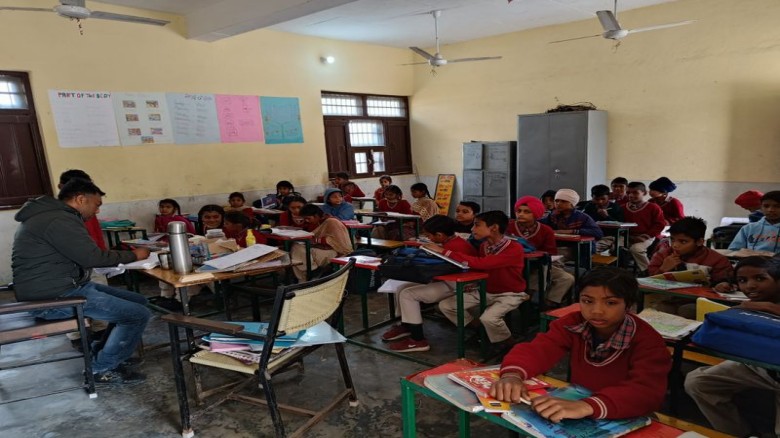
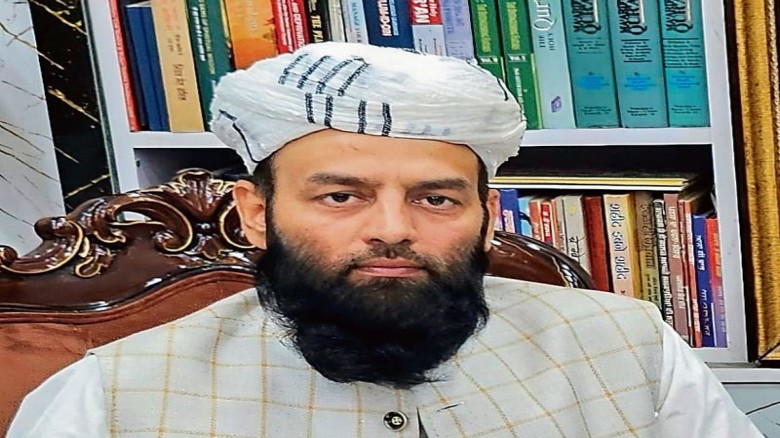
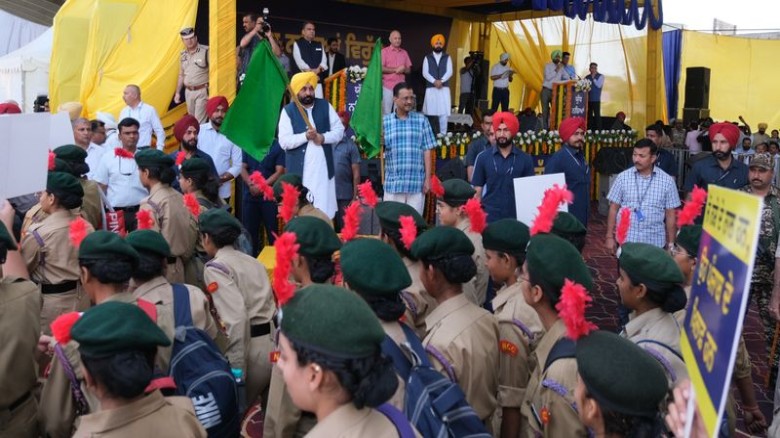
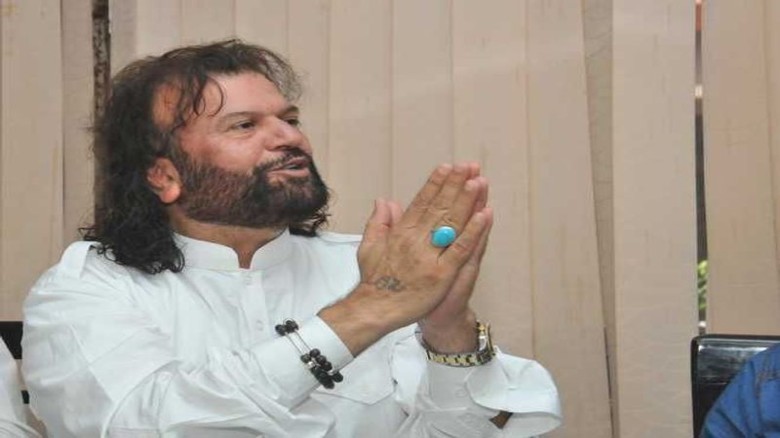
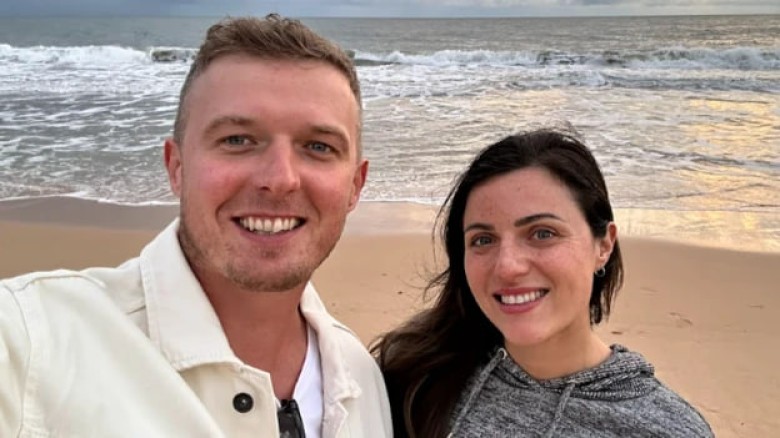



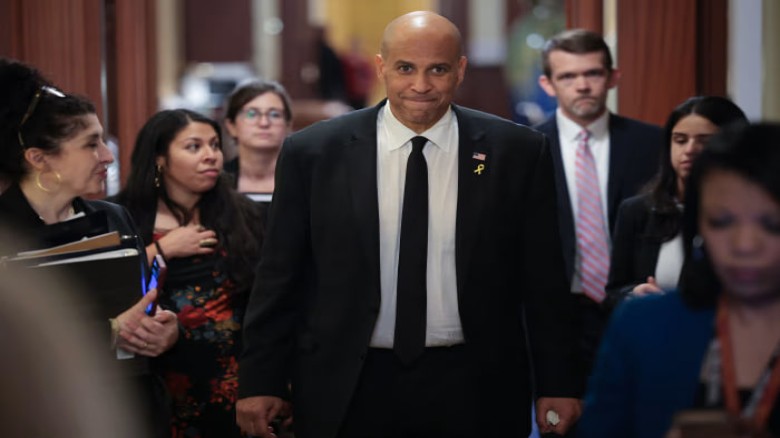
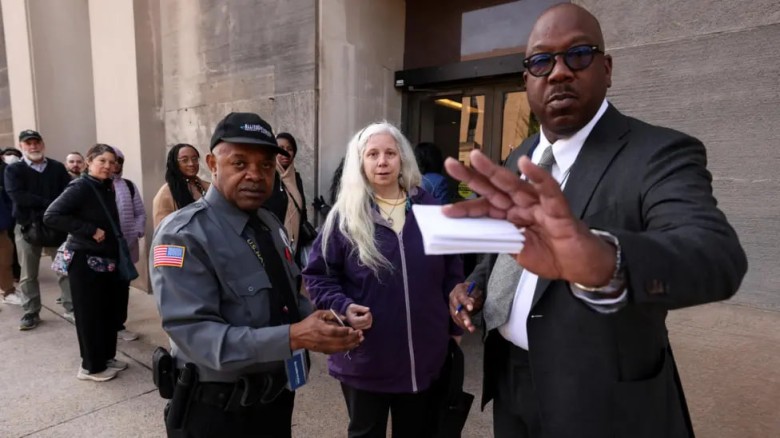
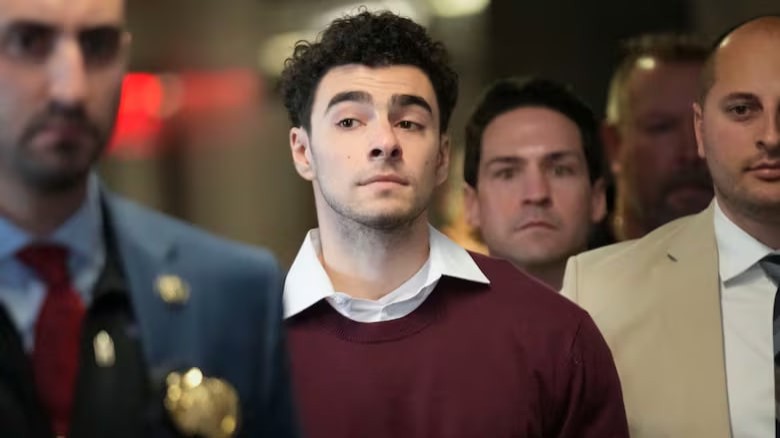
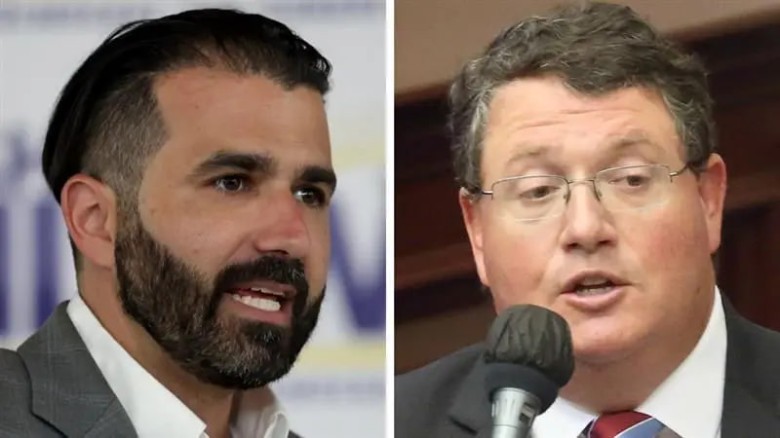

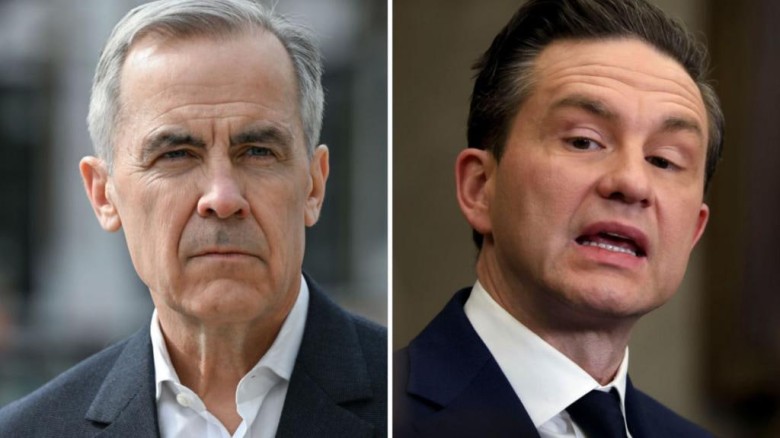
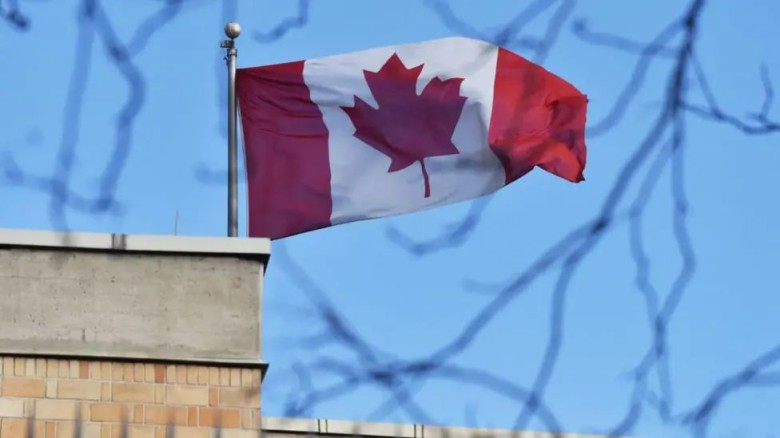
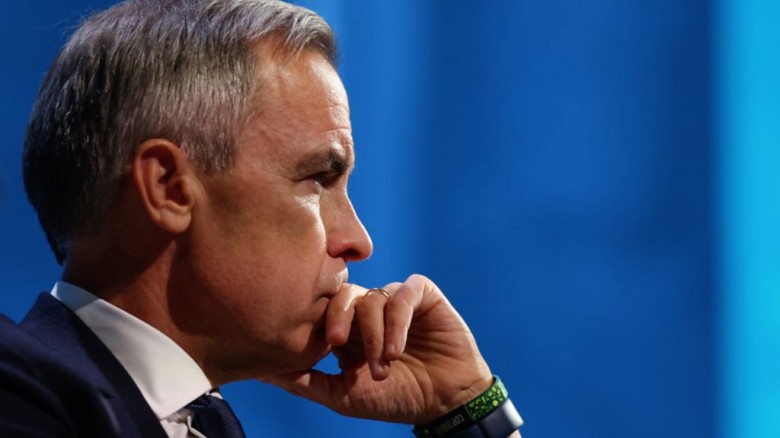
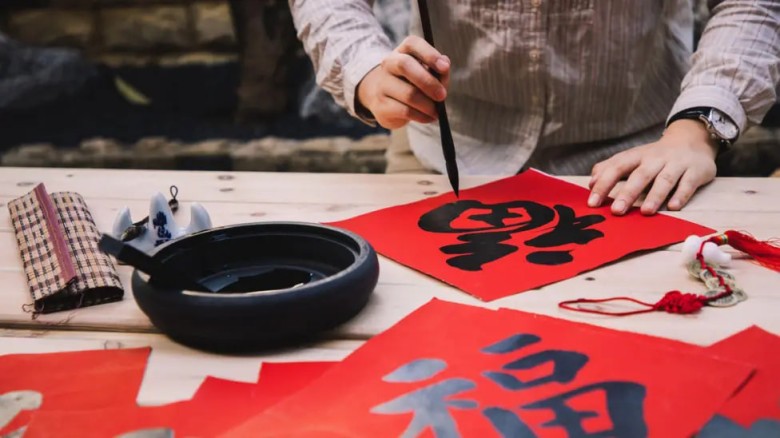
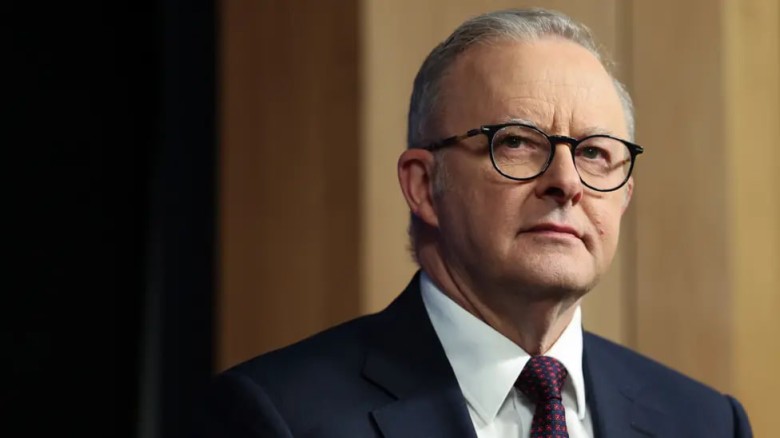


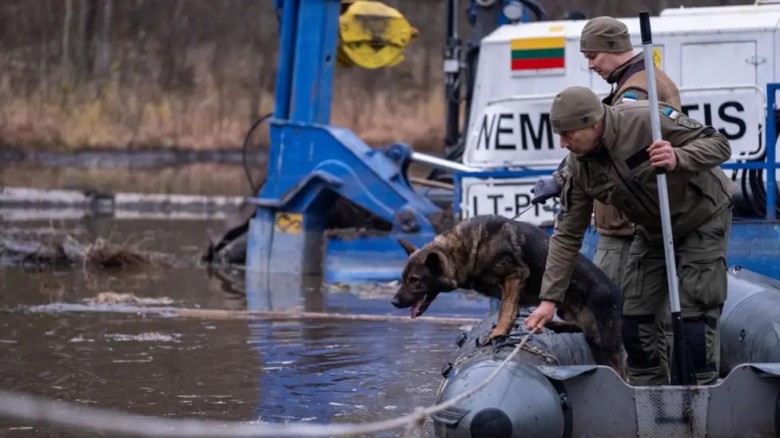


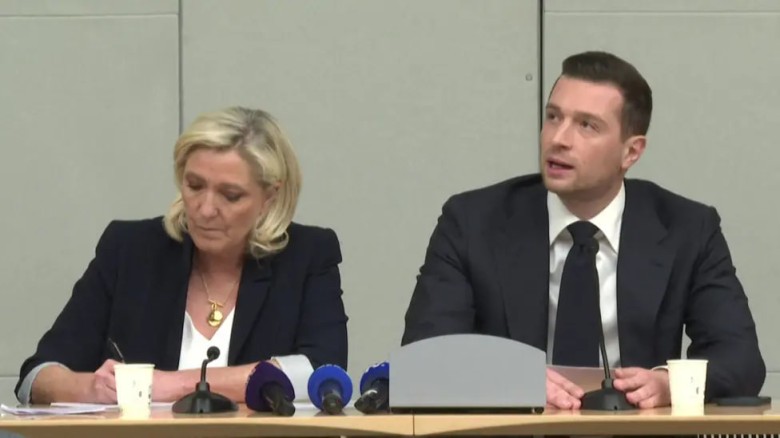
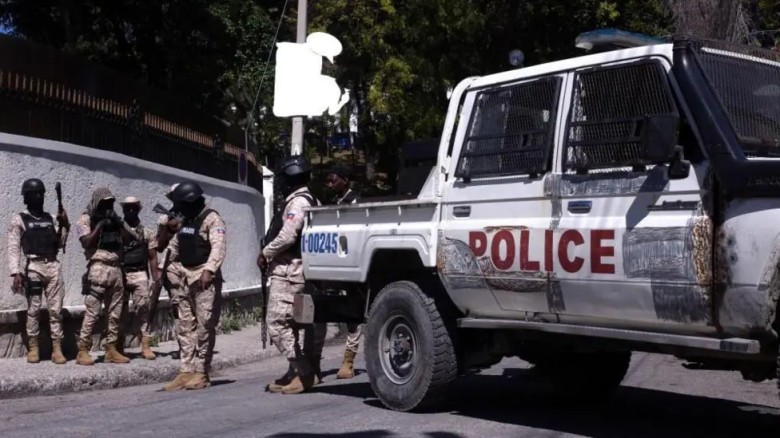
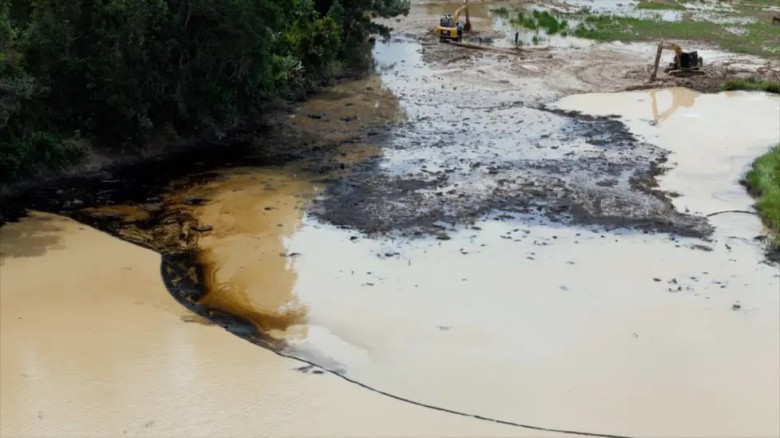
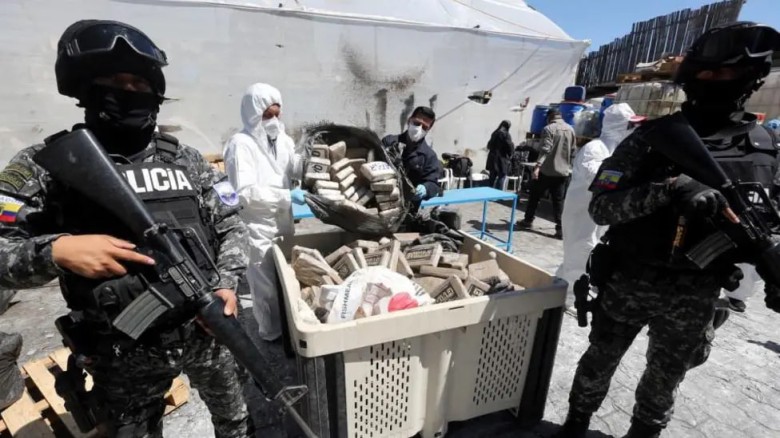
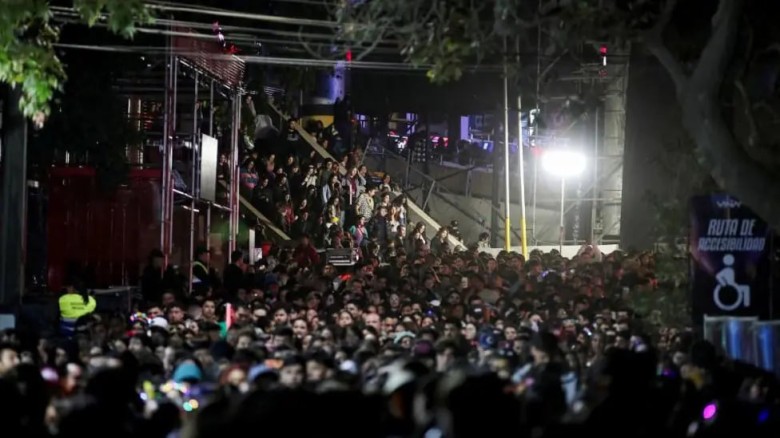





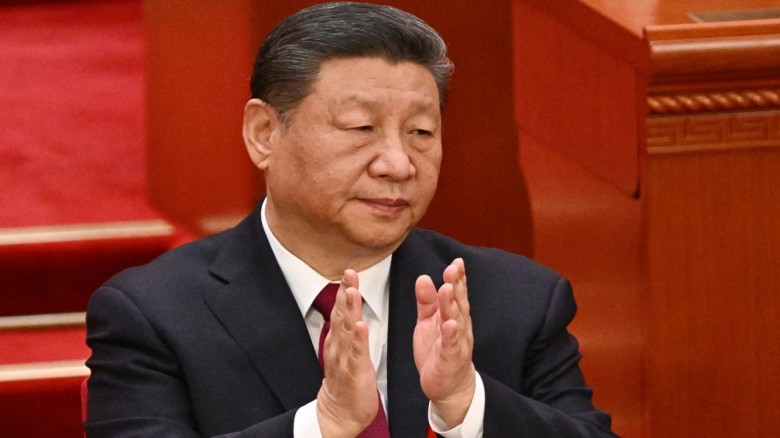
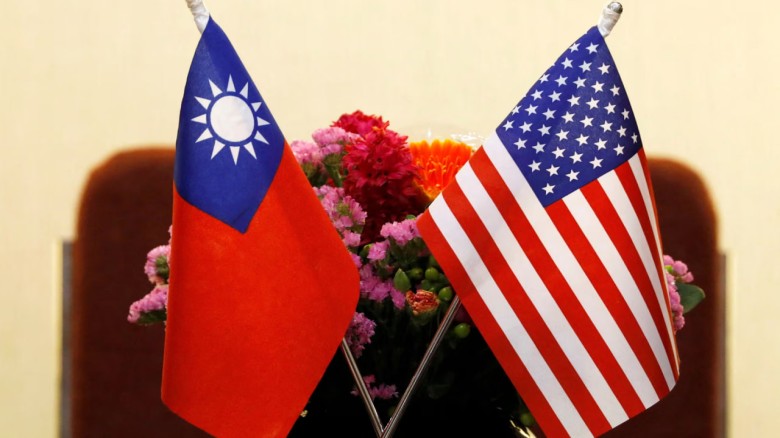

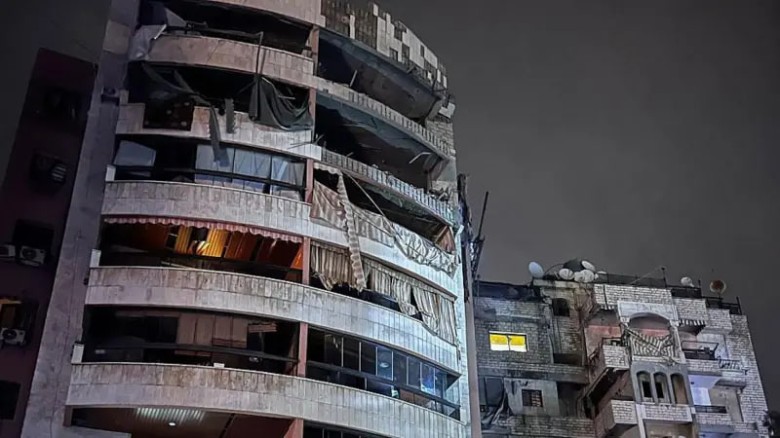
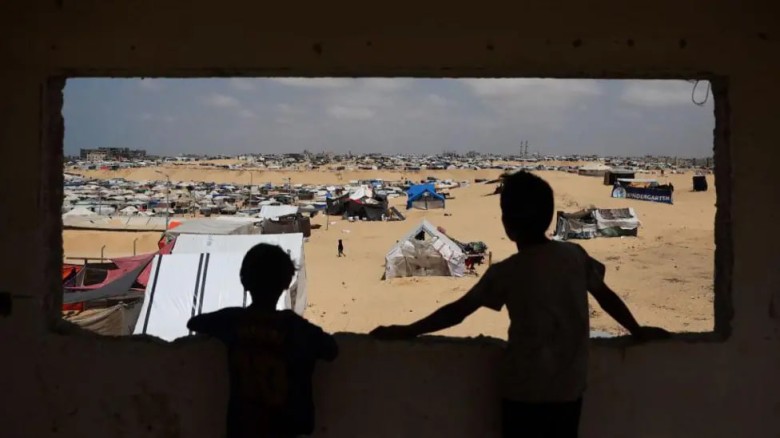
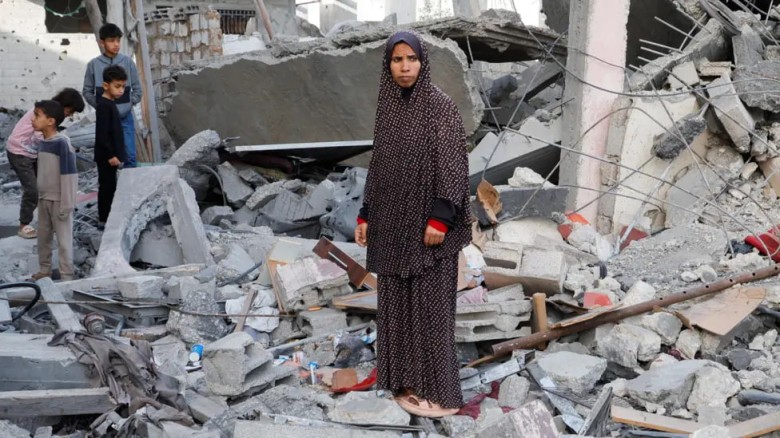
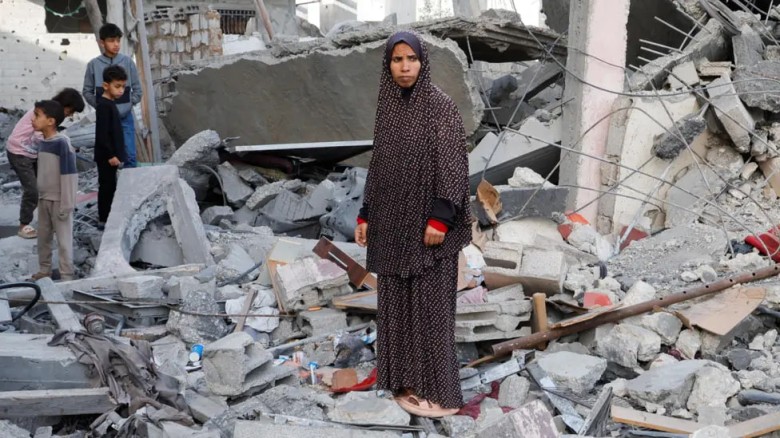

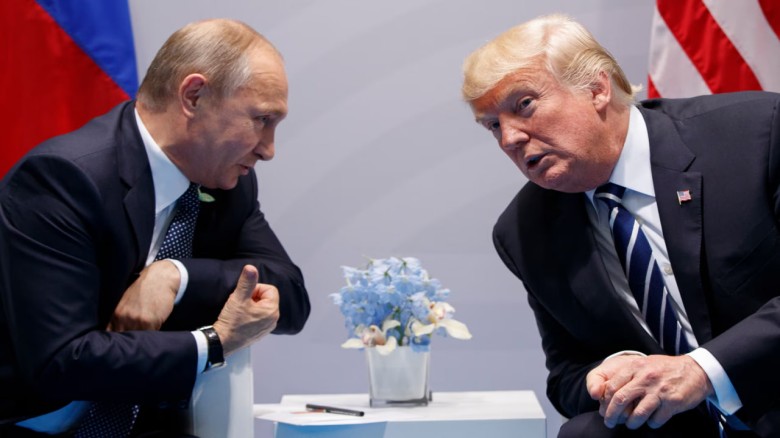






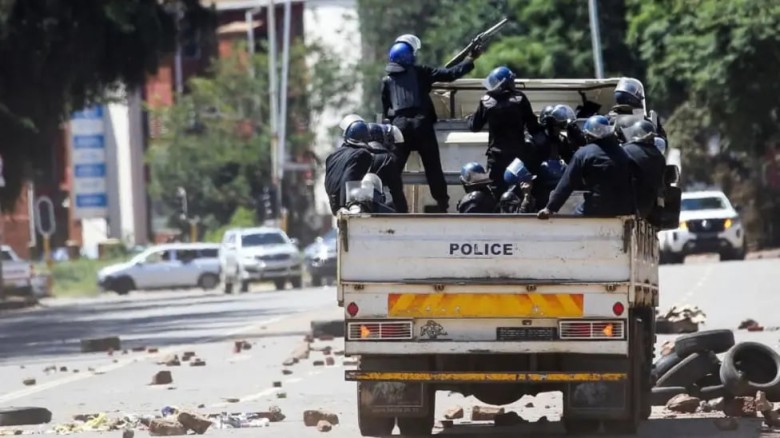
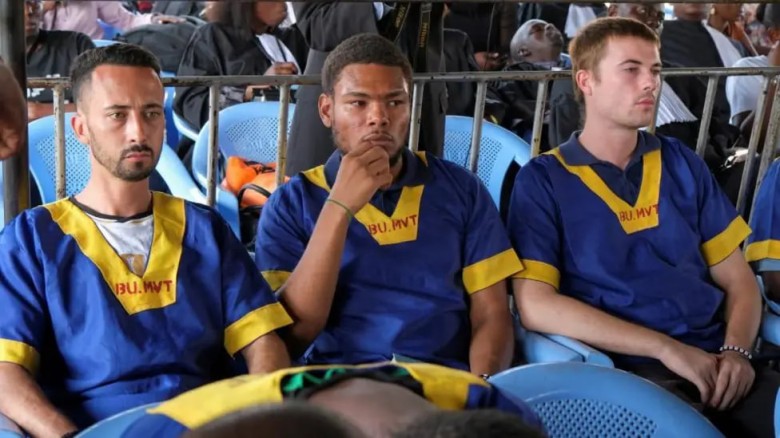
















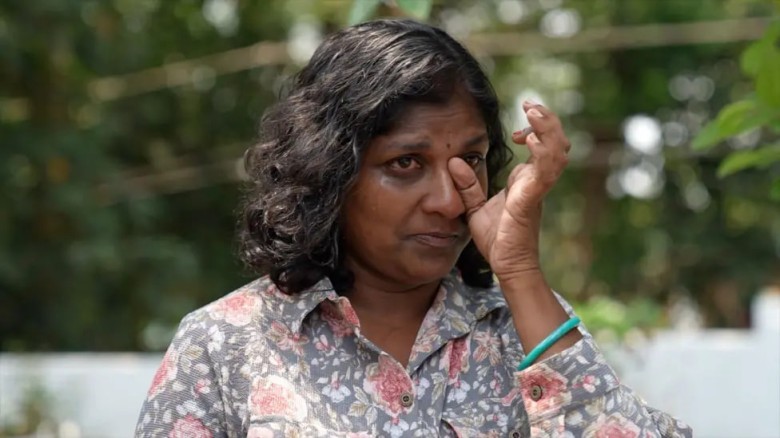


Leave A Comment